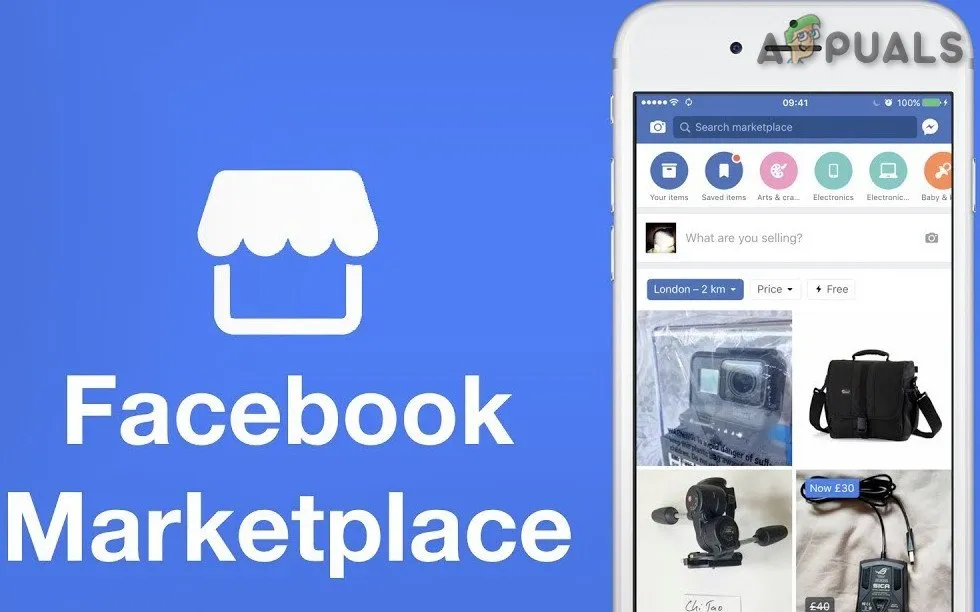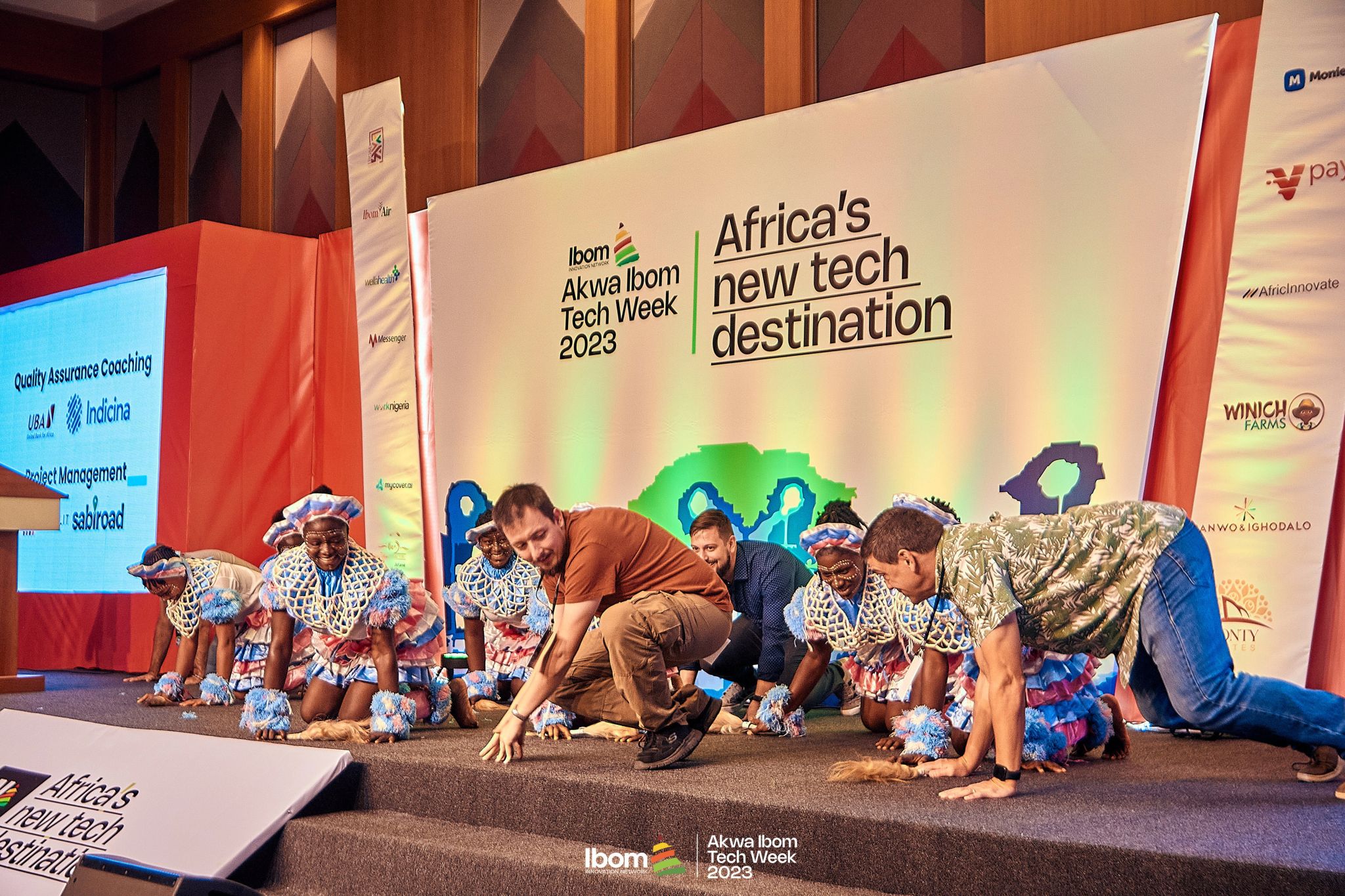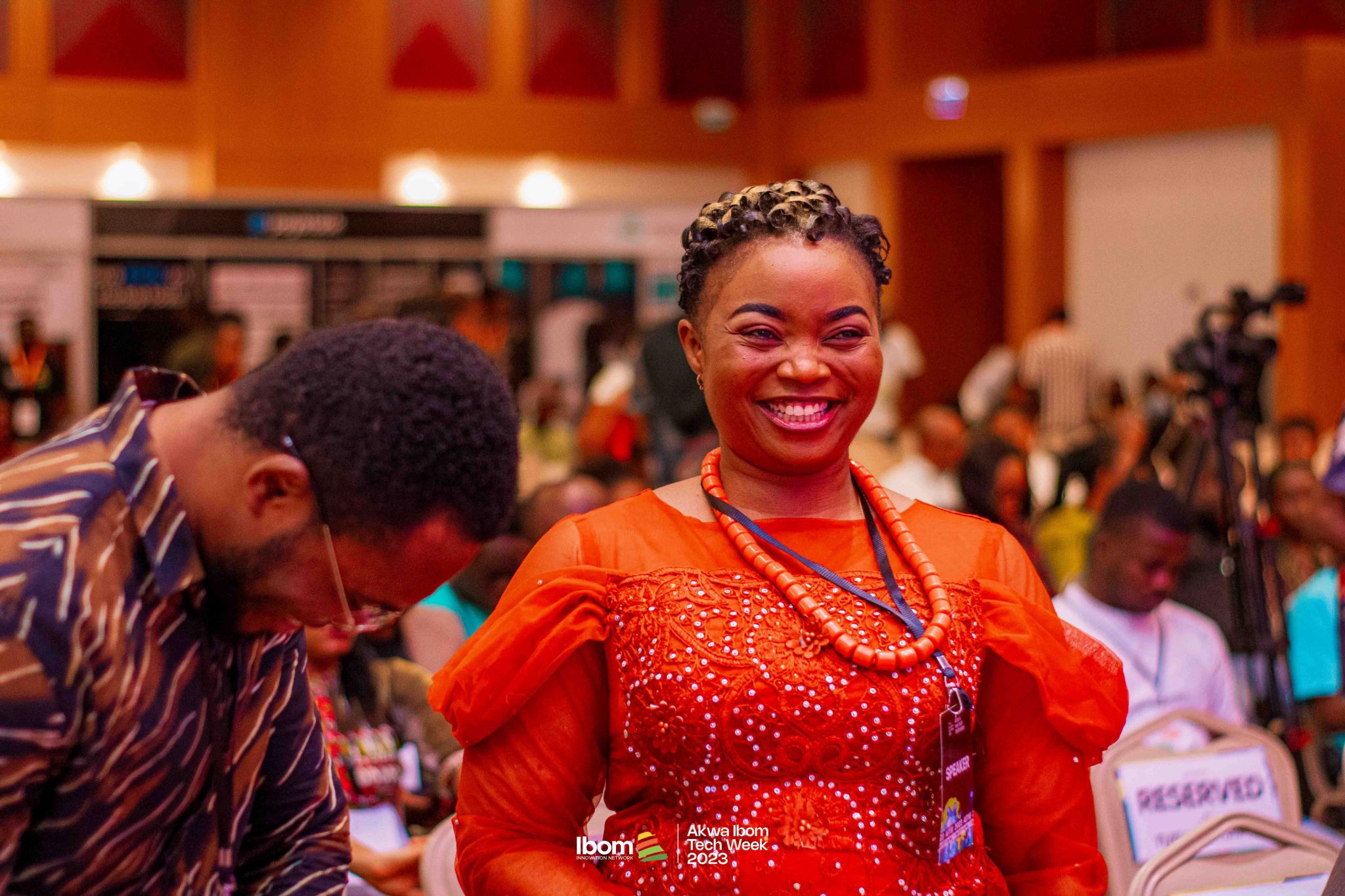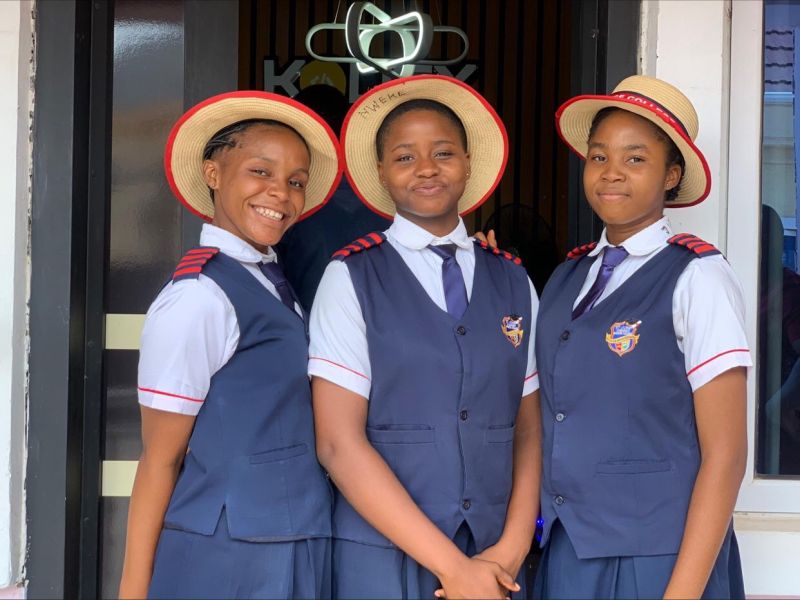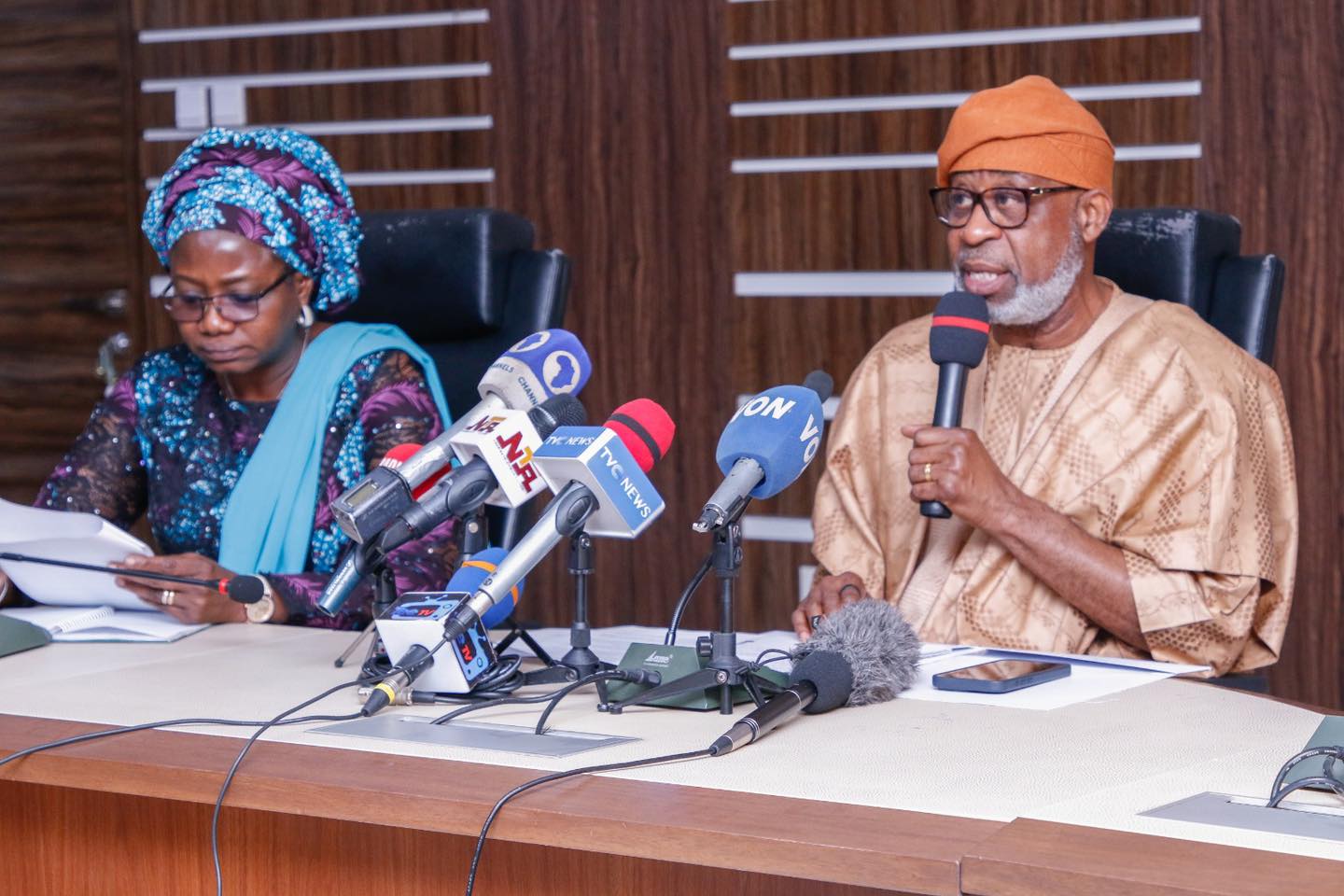Carey van Vlaanderen, CEO of ESET South Africa shares critical safety tips when buying or selling on Facebook Marketplace and how to tell if you’re being scammed.
Last year, Facebook Marketplace passed one billion global users. With this, it has become a giant in the consumer-to-consumer commerce space, allowing individual Facebook users to buy and sell seamlessly. Online retail in South Africa has more than doubled in just two years and with 29.5 million-strong Facebook users, more than half of the country’s population has a Facebook account.
Dominating the online classifieds
Marketplace has become so popular in South Africa that similar platforms are struggling to compete. Previously-popular OLX has closed its doors, while Gumtree still hangs on by a thread. Facebook Marketplace has outstripped the popularity of these online classifieds portals for several reasons. It is free and simple to use, as most people already have a Facebook account. It also allows users to search for listings from their local area, making pick-up much easier. Furthermore, because people can view sellers’ profiles, they feel more assured of safety and security on the site. Unfortunately, this is often a false sense of security.
Facebook fraud is becoming increasingly common
One recent global survey revealed that one in six (17%) respondents have been defrauded on the site. Of course, while much of the commerce on this classified side of Facebook is legitimate, like any other online marketplace, it is also a haven for scammers.
With fake listings extending to even apartment sales and car purchases, the stakes are high. That puts great pressure on users to understand the typical tricks that con artists use, and what they can do to avoid falling prey to online scammers.
Here are the top six scams to watch out for on Facebook Marketplace and how to spot any red flags:
- Defective items
Sellers may advertise a product that looks fine from the photograph they posted. But once you receive it, it turns out to be broken. This is particularly tricky when buying electronic items because you usually can’t toggle through every functionality before handing over your money.
- Fake items
You might accidently buy a fake item. Designer clothes, perfume, jewellery and cosmetics are particularly common targets for counterfeiting. Like defective item scams, it’s difficult to ascertain whether items are genuine or not just from a small photo. Everyone’s looking for a bargain but we all know the saying, “when the offer seems too good to be true, it usually is.”
- Overpayment
Sellers can also get scammed by fraudsters on Facebook Marketplace. In one classic example, fraudsters could claim to have overpaid for an item you’re selling and send a screenshot showing the alleged transaction. They’ll ask for the difference to be refunded. But of course, there was no original payment, and if you comply with their request, you’ll be out of pocket.
- Non-delivery (advance fee)
A classic trick is to sell an item and collect the money but then never deliver it to the buyer. This usually only applies to items sent from outside the buyer’s local area.
- Fake giveaways/phishing
One way for scammers to get personal details is to spam out giveaway offers via Facebook Marketplace. Simply by clicking on a link and filling in a short form, the victim believes they’re going to be in line for some free luxury items, crypto or other special deals. Unfortunately, the scammers just want their personal information to commit follow-on identity fraud or theft.
- Bait-and-switch
Scammers advertise what is often a high-quality product with a very tempting price tag. When you want to grab the “bargain”, that product is suddenly “out of stock” or “sold out” and you will be offered a similar item for a much steeper price, or an inferior alternative.
How to spot a Facebook Marketplace scam
As with any kind of online fraud, the key for users is to err on the side of scepticism and always remain alert. Here are some tips to help you navigate Facebook Marketplace safely:
- Inspect items before purchasing by only buying from local sellers in your area.
- Always meet in a public place rather than at your home, ideally during daylight hours.
- Check buyer/seller profiles for user ratings and reviews and be cautious if the profile was only recently created.
- Check the original price of items and if there is a significant difference between the usual price and the sale price, be aware that it may be counterfeit/stolen/defective, etc.
- Beware of giveaway deals and never enter your personal details to access them.
- Only use trusted payment methods via Facebook Messenger (PayPal, Facebook Checkout) as they offer a way to dispute payment. Gift cards, EFTs and services like eWallet and Instant Pay are commonly requested by fraudsters.
- Keep your conversation on Facebook – scammers like to move the conversation to another platform where it’s easier to swindle people and prevent them from disputing transactions.
- Never ship items before payment has been made and the money is reflecting in your account. Check your account to verify that the payment has been cleared. Do not accept an emailed “proof of payment” as these can be fraudulently generated.
- Do not send two-factor authorisation codes to prospective buyers. Under no circumstances should you ever share these types of codes.
If any red flags are raised and you suspect fraud, you should report the seller immediately via Facebook help.
As the cost of living continues to soar, more users will be turning to online platforms like Facebook Marketplace to buy goods at discounted rates. More users mean more potential victims for scammers, so be cautious.

